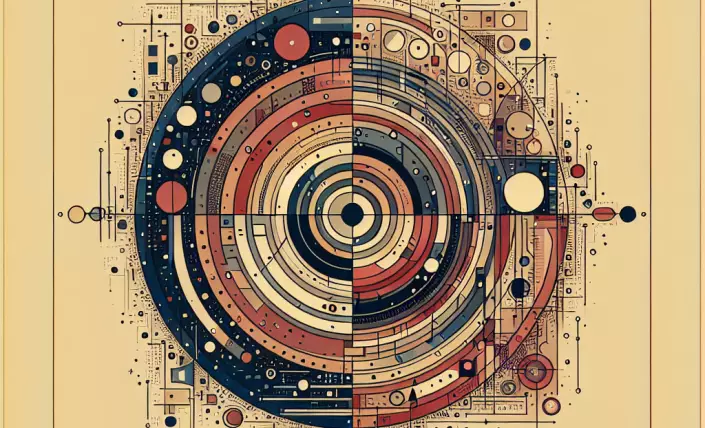In the exploration of life's profound questions, few inquiries are as perennial as the relationship between desire and suffering. This intricate dance, so central to Buddhist philosophy, invites us to examine our own lives and the patterns that govern them. The Buddha, in his profound wisdom, articulated that desire, or 'tanha', is the root of suffering, leading many to ponder the implications of such a statement. Yet, this is not a declaration of asceticism or the rejection of all worldly pleasures. Rather, it is an invitation to a deeper understanding of the nature of desire and its influence on the human condition.
Desire, in its myriad forms, fuels much of human endeavor. It propels us to seek, to strive, and to achieve. However, it is also the source of much discontent and unease. When we desire what we do not have, we become restless, perpetually in pursuit of an ever-elusive satisfaction. This ceaseless chase often leads to an existential weariness, as the object of desire, once attained, frequently gives way to new longings. Herein lies the paradox: while desire can motivate and drive us forward, it can also ensnare us in a cycle of perpetual dissatisfaction. The Buddha's insight into this dynamic invites a reflective pause. It calls us to discern between desires that lead to growth and those that enslave us to unending craving.
In contemplating the Buddha's teachings, we are encouraged to cultivate a sense of awareness and detachment. This is not to be mistaken for indifference, but rather a mindful engagement with the world that recognizes the transient nature of all things. Through practices such as meditation and mindfulness, we learn to observe our desires without becoming entangled in them. This cultivated awareness offers a pathway to liberation, where we can engage with the world in a manner that is both fulfilling and free from the shackles of compulsive longing. In embracing this approach, we find a balance that allows us to appreciate life’s pleasures without being consumed by them. Thus, the dance between desire and suffering becomes not a source of despair, but a profound opportunity for growth and self-discovery.










